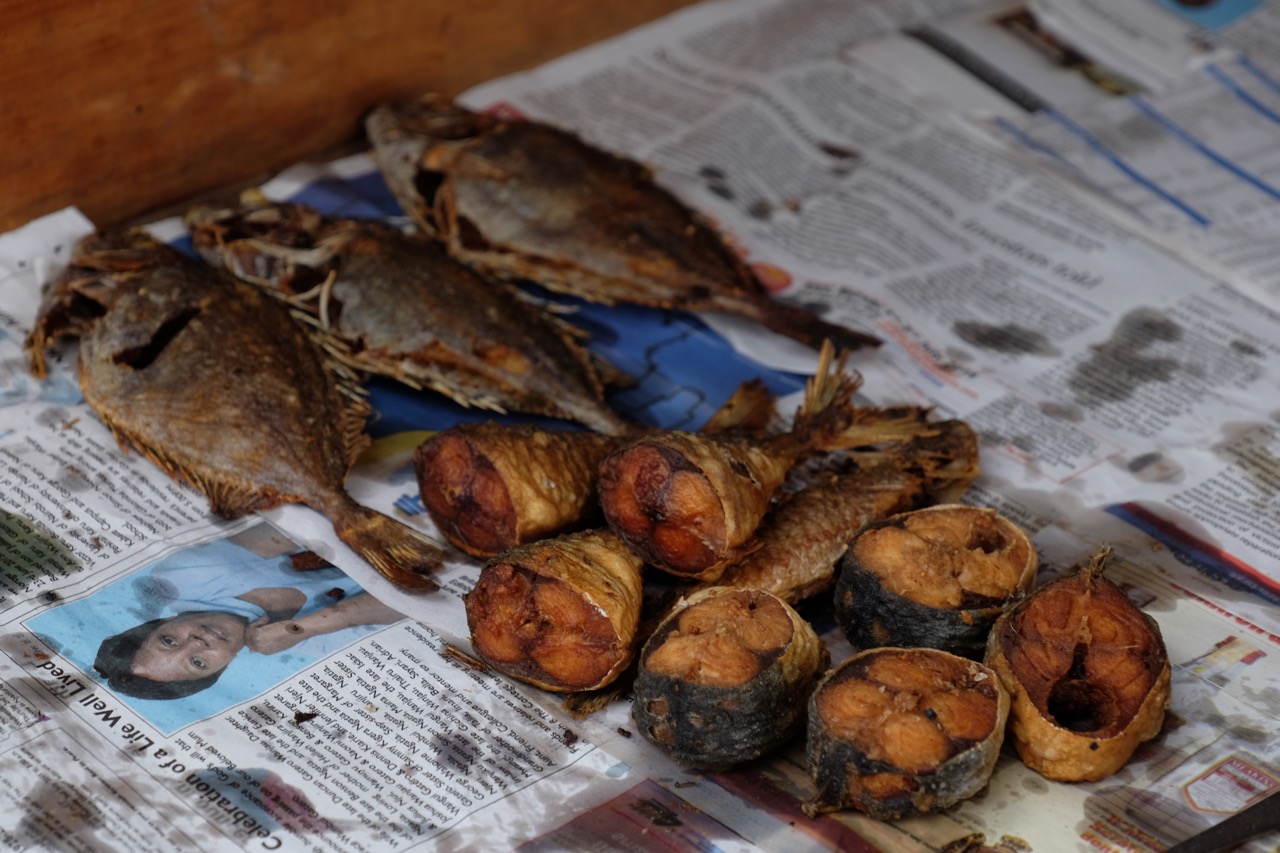Mtwapa is a town of contrasts; whilst the vast majority of the town is comprised of simple concrete and mud construction homes there are a small number of luxurious creekside mansions. This is also true of the food shops; luxury supermarkets and shopping malls sit alongside local shops, home made kiosks and traditional markets. There are a couple of modern supermarket chains and shopping malls in Mtwapa which flank the main road. With their neatly stacked shelves and polished floors, these shops wouldn't look out of place in a European city and like their international counterparts, they sell almost everything but at a high cost! The families we work with don't use these shops, not only are the prices very high but the air-conditioning makes the whole shop very cold!

Thankfully, there are many other local shops and mini supermarkets to choose from. These shops generally offer a good range of products but shun the more expensive international brands in favour of Kenyan shopping trends. For example, bottles of cooking oil can be bought but it is cheaper if you bring your own bottle - most people use small water bottles but any container with a lid will do!
If you are looking for the most cost effective way to shop then markets are the way forwards! Each market area tends to specialise in a specific type of product e.g. fruit and veg, fish or clothing. The fruit markets are a sight to behold, each stall is a rainbow of colour filled with a wide range of seasonal exotic fruit and vegetables. Prices are also truly seasonal, towards the end of the year when the mango crop is being harvested a mango can cost as little as 10 shillings (about 8 pence), but in low season this can soar up to around 100 shillings! This means that families change what they eat depending on the time of year, this helps to minimise the cost of their food bill but it also means that they are always eating tasty fresh food direct from the field rather the bland imported variants we have to put up with in Europe.
Most of the families we work with a eat vegetable based diet which they occasionally supplement with fish or even more rarely, meat. Meat is available from butchers or supermarkets and in contrast to western cultures, meat on the bone is valued much more highly then filets. This is because the vast majority of Kenyan meat dishes require the meat to be stewed with the bone to make a rich broth.
Being close to the sea, Mtwapa has a wonderful array of fresh fish which can be bought from fish mongers (known as fish butchers) or at the large sea food market. In the more rural part of Mtwapa where electricity and fridges are uncommon, most families do generally not buy fresh fish and instead prefer to buy small pre-cooked potions from local vendors. This is one of the many things that Mama Umi cooks at her food business.
As you move further away from the main road, shops and large markets become less common. The are replaced with small convenience kiosks which pop up on street corners. The kiosks (known as Kibandas) sell small amounts of fruit, vegetables, dry ingredients and cooking essentials.
Finally, water. The lucky people who live near to the main road have the option of mains water, this needs to be treated before it can be drunk but this by far the most convenient water source. The majority, without plumbed water, have three options, the first is to dig a well (very expensive to dig the hole and after all that the water could turn out to be salty), second is to install a large water tank which can be filled by a water company or finally buying from the Maji (water) man.
Maji men push big carts with 8 heavy water containers all around Mtwapa. They all have pieces of loose metal attached to their wheels which make a distinctive clattering noise as the cart is pushed, letting the residents know they can run out and buy water. You can buy any type of water from the Maji Man - from washing water to fresh drinking water and it is very reasonably priced. You pay for the water then the Maji Man lugs the container into your house and fills your bucket, taking the empty container away again to be used tomorrow. Even the drinking water is affordable, largely thanks to the Dutch Water company and their foundation Stichting Waterpas which provides water to schools and orphanages around Mtwapa. Thanks to them, we rarely meet a family who cannot afford clean drinking water.
We hope this gives you a little bit of insight into the way people buy food and water in Mtwapa and helps you to understand a little more about the childrens' lives.






























All about the role of our sponsorship coordinator